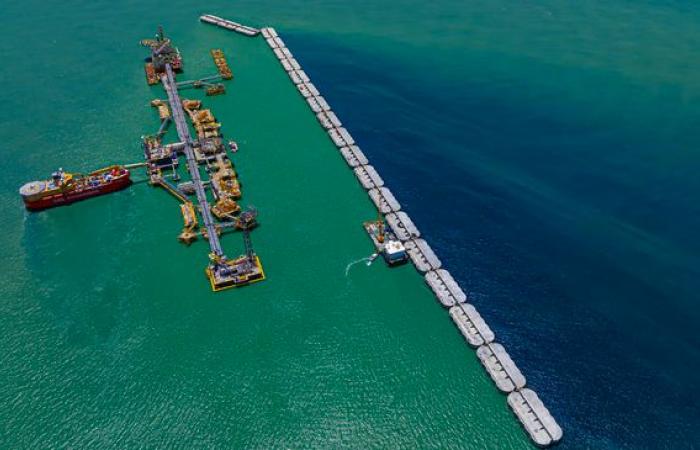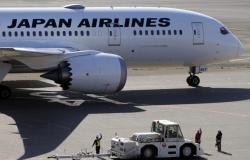(SenePlus) – According to revelations from Jeune Afrique, the Grand Tortue Ahmeyim (GTA) gas mega-project, located on the maritime border between Senegal and Mauritania, could experience a new major setback. Not only has its start-up been pushed back to the first half of 2025, but its phase 2 could be compromised.
The project, which has already experienced several postponements – initially planned for 2022, then postponed to 2023, before being postponed to the second half of 2024 – faces significant technical obstacles. A BP executive, cited by the magazine, attributes this new delay to “technical difficulties encountered in the development of a project as complex as GTA”.
This situation occurs in a particularly delicate context for BP, the main operator which holds 61% of the project’s shares, alongside Kosmos Energy (29%) and the national companies Petrosen and SMHPM (10%). The British giant, which has already sold its gas discoveries of Yakaar-Teranga in Senegal in October 2023 and BirAllah in Mauritania in April 2024, now seems reluctant to commit to phase 2 of the project.
This second phase, which was to double LNG production from 2.5 to 5 million metric tons per year, now appears to be compromised. Several factors explain this situation, according to JA: the desire to renegotiate contracts expressed by Presidents Bassirou Diomaye Faye of Senegal and Mohamed Ould Ghazouani of Mauritania, as well as persistent disagreements over cost oil – the share of production intended for reimbursement of development costs.
The climate of tension is palpable between the stakeholders. According to Jeune Afrique, Dakar recently demanded clarification from BP regarding the new deadlines. A Senegalese official, quoted by the magazine, confirms: “We are awaiting a response from BP on the new date for the start of operation of GTA”, specifying that current projections are based on a start “between the end of March and the beginning of April 2025”.
Despite the installation last May of a floating gas production and storage unit, a crucial element for operations, uncertainties persist. This infrastructure was to ensure the initial treatment of the gas before its transfer to a liquefaction unit located approximately 10 kilometers from the coast.
Faced with these developments, BP, led by Murray Auchincloss, maintains a cautious position, favoring, according to its statements reported by the newspaper, “the safe and efficient start of phase 1”. The company did not wish to respond to requests from the Pan-African magazine regarding these new complications.
These successive delays and the increase in project costs have considerably affected BP’s reputation in the region, jeopardizing one of the most important gas projects in West Africa, the economic benefits of which are eagerly awaited by the two countries concerned.






